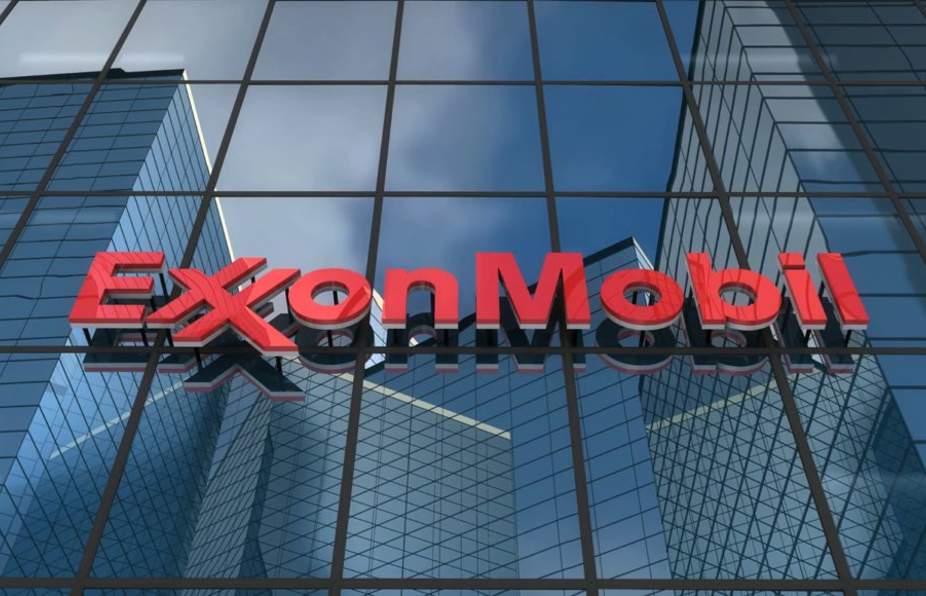ExxonMobil, the American oil major, announced this Monday it will build its first large-scale plastic waste recycling facility in Baytown, Texas. The facility would start operations by year-end, 2022.
Firstly, the facility will be among the largest of its kind in the United States. ExxonMobil plans to process around 30,000 metric tons of plastic waste per year, initially. The plant would process plastic waste into raw materials to help address the challenge of plastic waste in the environment.
Moreover, the plant that ExxonMobil would build in Baytown comes as a smaller and temporary facility has demonstrated a successful rate of recycling plastic waste. It produces commercial volumes of certified circular polymers that will enter the market by year’s end.
In fact, to date, the trial project has already recycled more than 1,000 metric tons of plastic waste; the equivalent of 200 million grocery bags, and has demonstrated the capability of processing 50 metric tons per day.
Also recommended for you: Crude oil keeps rally and jumps to multi-year highs. Click here to read.
ExxonMobil to expand plastic waste recycling capacities worldwide
On the other hand, once completed the large-scale recycling plant will be among the largest in North America. It would have an initial capacity of 30,000 metric tons of plastic waste per year: however, such a capacity would expand quickly if public policies and regulations recognize the benefits of advanced recycling.
Furthermore, if the US plant demonstrates success, ExxonMobil will expand its plastic recycling portfolio worldwide. In fact, the company aims at developing around 500,000 metric tons of advanced recycling capacity globally, by 2026. Indeed, the company is already making collaborations for its plan.
In Europe, it has collaborated with Plastic Energy for an advanced plastic recycling plant in Notre Dame, France. It would process 25,000 metric tons of plastic waste per year. The plant would start in 2023, with the potential for further expansion to 33,000 metric tons of annual capacity.
Finally, the company is also assessing sites in the Netherlands, the U.S. Gulf Coast, Canada, and Singapore.


